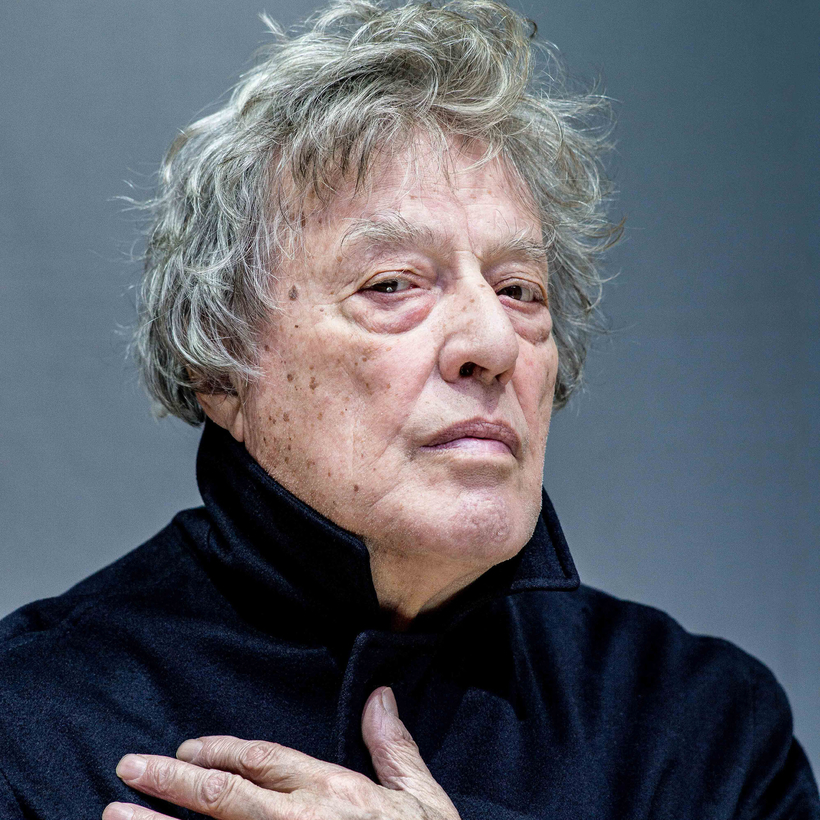How quaint it sounds now. I disagree with what you say, but I will defend to the death your right to say it. Could you have imagined a time when this shop-worn profession of faith in Enlightenment values would split the community?
Try it like this — “I disagree with what you say, and I will defend to the death my right to silence you” — and ask yourself which is the heterodoxy now. (Whose death, by the way? Voltaire meant his own, but the anonymity conferred on the trolls of our age has made the perfunctory death threat the coinage of dispute.)
How did this happen? And when? Obviously, not overnight, and not before “the end of history”, which was first a catchy book title and then a complacent catchphrase for the triumph of the West over the Soviet system. To put it like that sounds as if I’m suggesting a connection, but the connection is only with my own perspective on the centrality of “free expression”, and with a memory I have from, at a guess, 40-plus years ago.
The occasion was a lunch, a public airing for the magazine Index on Censorship and what it stood for, at a time when, as far as I was concerned, the permanent foreground was the suppression of free speech in Russia and the Soviet bloc. I was a speaker, and I dusted off an old quotation from Cecil Rhodes: “You are an Englishman, and have consequently won first prize in the lottery of life.”
Rhodes’s statue was in no danger then but his reputation had been knocked off its pedestal long before, and the approved attitude to such a sentiment was to mock Cecil Rhodes for it. But, I told the lunch, I could not bring myself to mock. If my life had not been diverted when I was eight, I would very likely be living in Czechoslovakia where I had friends who were persecuted for what they spoke and wrote.
“I disagree with what you say, and I will defend to the death my right to silence you.”
As far as I could see, tolerance of dissenting opinion was the sine qua non of a free society; indeed it was the freedom on which the structures of freedom rested. Yet, it turns out, I couldn’t see as far as I thought I could.

Back then, all the way to — it seems — the day before yesterday, I saw the battlefront as one between the individual and the state. It is still that, of course, all over the globe, but identity politics has thrown up a phenomenon, a battleground that is not political so much as psychosocial, an intolerance between individuals, and it’s about language. Words speak louder than actions. Sticks and stones will still break your bones, but the idea that words can’t hurt you has been repealed. People are being hurt by words, and consequently are picking up sticks and stones, not in the form of death threats (mostly) but (frequently) in the form of hounding the transgressor out of his or her livelihood.
From Alice in Wonderland to Nineteen Eighty-Four and until the last Trump, the appropriation of language is the declared bedrock of authoritarianism and there is no mystery about it. But personally I always had faith in the ultimate commensurability of language and reality. When the German Democratic Republic put out that the Berlin Wall was to keep people out it made me laugh. Reality would take care of itself.
With words, I’m a hardliner. Language will evolve naturally, but diktat is not natural to it. But with language itself, I’m a libertarian. I don’t want to criminalize every fool who says the moon landing was faked and there were no gas ovens. Reality will take care of them too. But no one, not even Lewis Carroll, saw identity politics coming. Carroll’s Humpty Dumpty has maybe had the last word. “When I use a word, it means just what I choose it to mean — neither more nor less,” he tells Alice. And that includes pronouns. Will reality take care of it now? I doubt I’ll find out but perhaps my children will.
Sir Tom Stoppard is a London-based playwright and screenwriter. His most recent production, Leopoldstadt, won the 2021 Olivier Award for best new play
